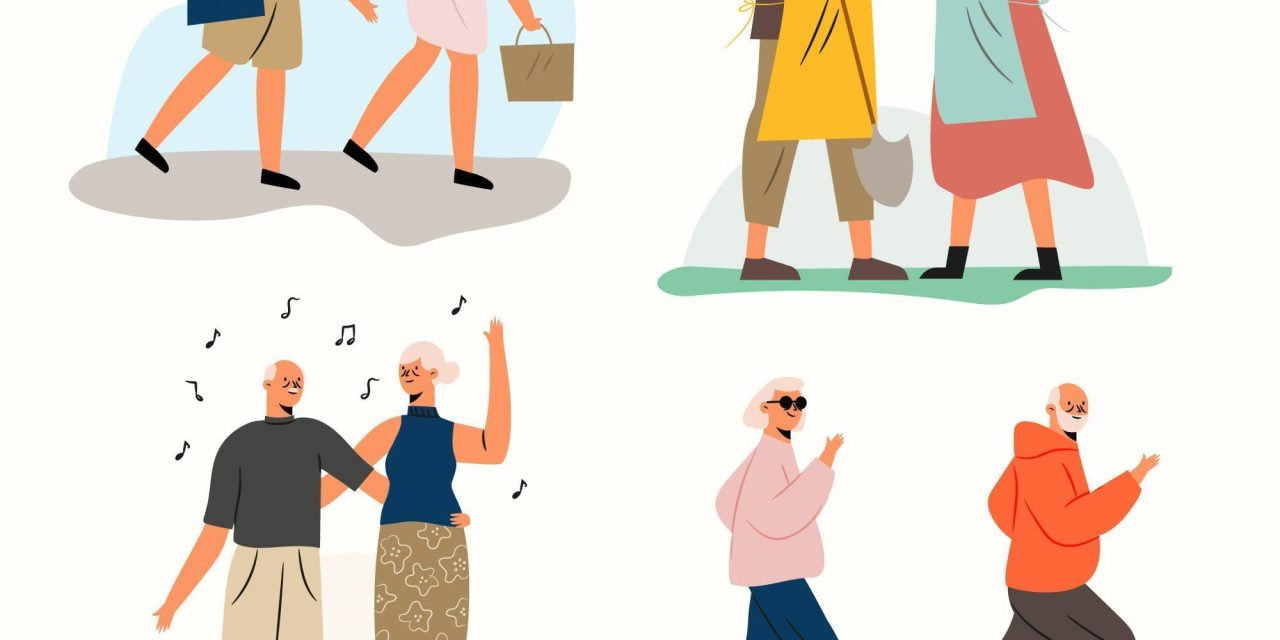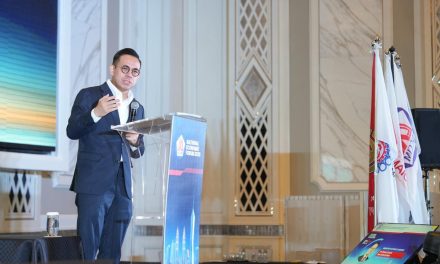Malaysia is transitioning into an aging society. According to the Department of Statistics Malaysia (DOSM), by 2030, 15% of the population will be aged 60 and above, officially classifying the country as an “aged nation”. As of 2024, over 10% of the population falls into this category, with those above 70 forming a steadily increasing portion of the national demographic.
That said, the trend of senior citizens continuing to work past 70 is becoming more visible as Malaysia slowly transforms into an aging society. Instead of fading quietly into the background, many elderly Malaysians are showing they still have plenty to offer. This situation is acknowledged by law and institutional reform minister Azalina Othman Said, who has proposed that the government study extending the retirement age to 65, seeing that many people remain active and capable well into their 60s.
Many senior citizens are part of Malaysia’s growing informal economy, selling goods, offering services, or working part-time in shops, workshops, or even as Grab drivers. Most lack formal pensions or steady EPF savings, especially those who have spent their lives in informal or gig work. For them, continuing to work is often a necessity, but it’s also a way to maintain their independence, routine and sense of dignity.
At the same time, experts and social researchers are starting to recognise the value of this “silver workforce”. These senior citizens bring decades of experience, practical knowledge and a strong work ethic. They also help reduce dependency on social welfare or family support systems, contributing to a more resilient society.
Beyond Just Making a Living
There isn’t just one reason why so many Malaysians in their 70s and older continue to work. For most, it’s a mix of financial needs, personal motivation and a deep sense of purpose. Here are the main reasons that keep them going:
1. Money Matters: The Cost of Living Doesn’t Retire
For many older Malaysians, retiring comfortably simply isn’t an option. While some have savings in the Employees Provident Fund (EPF), not everyone had consistent access to it, particularly those who spent their lives working in informal sectors such as street vending, farming or cleaning. Even for those with EPF accounts, the funds often deplete within a few years, especially with the rising costs of essentials like food, rent and healthcare.
2. Staying Independent: Not Wanting to Burden the Family
Many senior citizens choose to keep working because they don’t want to rely on their children or anyone else. Culturally, older generations often carry a strong sense of pride and responsibility. They believe in “berdikari” (standing on one’s own feet), and working allows them to continue making their own choices and living with dignity.
3. Health and Activity: Movement is Medicine
Staying physically and mentally active is one of the best ways to age healthily. Working gives many seniors a reason to wake up early, move around, use their hands and engage with others. It keeps their minds alert and their bodies in motion.
Research has shown that active aging which includes working, volunteering, and social participation, can help reduce the risk of chronic illnesses, depression and memory loss. Many seniors say they feel younger when they’re busy.
4. Passion and Habit: They Just Love What They Do
Some senior citizens keep working not because they have to, but because they want to. After spending a lifetime doing something they enjoy, it’s hard to simply stop. Their work has become a part of their identity. For these individuals, work is not a burden, it’s their hobby, their joy, their way of connecting with the world.
Towards an Age-Friendly Society
In many urban households, retirees can be found working as Grab drivers, security guards, gardeners or even running small businesses selling handmade crafts or homemade food. These individuals defy the stereotype of the frail, passive elderly. They are strong, capable and motivated. Yet, despite these inspiring stories, challenges persist. Ageism in hiring practices, a lack of age-friendly infrastructure, and insufficient support systems continue to limit the full potential of active aging in Malaysia.
Policymakers, employers and civil society must collaborate to build an inclusive environment where senior citizens are respected as contributors, not burdens.
This includes:
- Promoting flexible, part-time job opportunities for seniors
- Providing healthcare and wellness programmes tailored to the elderly
- Encouraging lifelong learning and digital literacy
- Building public spaces and transportation that are accessible to older adults
Moving Forward: Respect, Support and Inclusion
Malaysia’s older generation is not stepping aside but they are stepping up. Whether driven by necessity, passion, or the desire to stay active, many senior citizens over the age of 70 continue to contribute meaningfully to society. Their presence in markets, small businesses, and local communities serves as a powerful reminder that aging is not a limitation, but a testament to resilience and vitality. As our nation transitions into an aging nation, it is time to change the way we think about growing older.
Supporting them is more than a kind gesture, it is a shared responsibility. By creating inclusive policies, promoting age-friendly workplaces, ensuring accessible healthcare and strengthening social protection, we empower older Malaysians to age with dignity. At the same time, we build a more caring and forward-looking nation.











